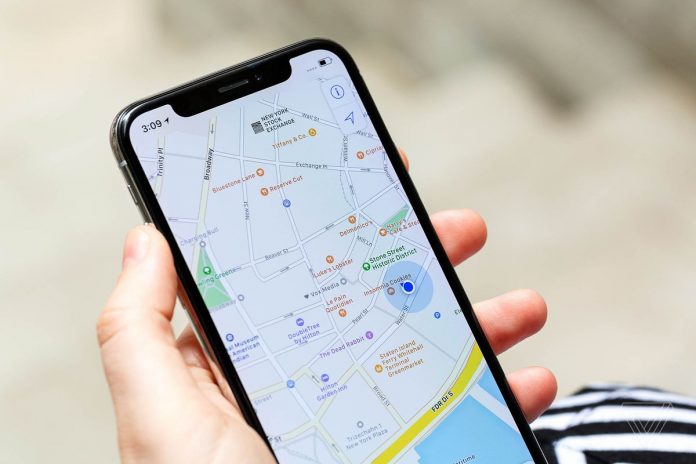In today’s profoundly connected world, mobile app users have become increasingly sophisticated. Digital integration has resulted in higher levels of consumer expectation, and customers expect more from brands than ever before.
One of the major challenges brands face is increasing customer aversion to one-size-fits-all digital marketing outreach. There’s building resistance towards generic marketing campaigns: 76% of consumers expect companies to understand their needs and expectations, especially when it comes to digital advertising. If consumers allow brands access to their personal data, they demand a personalized app experience in return.
Here’s a basic scenario we see all too often: a media app notifies all users at 7PM local time that their new favorite series is available to stream. For some users, that’s a good time to receive the alert. They have a predictable routine, and the reminder is timely and useful. But for others, their schedule, like their consumer viewing habits, is not as predictable. Some users may still be at work or at an after-work commitment. For these users, receiving the alert at the same time each and every day feels spammy at best; irritating at worse. Once users reach the stage of annoyance, they’re likely to disable push notifications altogether, eliminating the brand’s ability to engage with them.
According to a joint study by Goldsmiths University and Adobe, 75% of marketing leaders admit to not understanding changing consumer behavior – inevitably impacting their business performance. Location context analytics may be the piece these marketing leaders are missing.
Beyond right time, right place messaging
If you’re that media streaming company, conventional wisdom suggests your audience is most likely to watch your content when they get home. Tailoring the timing of your messaging using location data is an added bonus. But what else can location-based marketing do?
In this day and age, brands must begin to understand how users are seeking to experience their product or service in order to effectively communicate with them and drive sales. Where are customers when they open your app? Where is a customer when they place an order? Which brick-and-mortar locations do your customers frequent? How do a customer’s habits change in ways that impact push notifications and other communications?
When a consumer has opted to provide their data and real-time location information, brands need to think about all the ways they can use this data to make the customer experience more personalized and relevant.
Delivering contextually-relevant communication
Let’s say you’re an online retailer, and you’d like to learn where users are when they place an order. Are they home, are they at work, or are they at a brick-and-mortar store? Using location context, you’re able to recognize that a significant portion of customers place orders for your product when they’re inside big-box stores. That means a customer is likely to be using your app to price compare and complete the purchase on your app when they see your price is lower than the big-box store. That’s an incredibly valuable insight.
Armed with that data, you have a competitive edge and can send push notifications when users are actually inside big-box stores. This allows you to get in front of a customer’s decision-making process, reminding them to check their app and price-compare.
But even that ability is just scratching the surface. What if you took it a step further and offered an in-store barcode scanner to help users price compare even more readily? Combining geo-information with analytics and other customer data has opened the door to completely personalize a user’s in-app experience in a way that wasn’t possible before. All of these contextually-relevant micro-moments fundamentally transform the customer experience. Today, this might surprise and delight customers, but tomorrow, it will be the expected norm.
Location data as currency
Everything a brand does has the potential to impact its reputation and customer loyalty. A great customer experience is key to every company’s success. Brands that don’t adapt to providing tailored, relevant experiences will see a drop in customer engagement and satisfaction.
Location data is a currency, and to get users to trust your app and share their location, you have to earn it. At the end of the day, it’s about delivering value. What purpose does your location-specific feature serve? What does the customer gain by sharing their location with your company? Nobody declines a ride-sharing app permission to access their location, because only with location are they able to deliver an optimized user experience. Now more than ever before, it’s critical for modern brands to start thinking this way.
This article is contributed by Radar.




